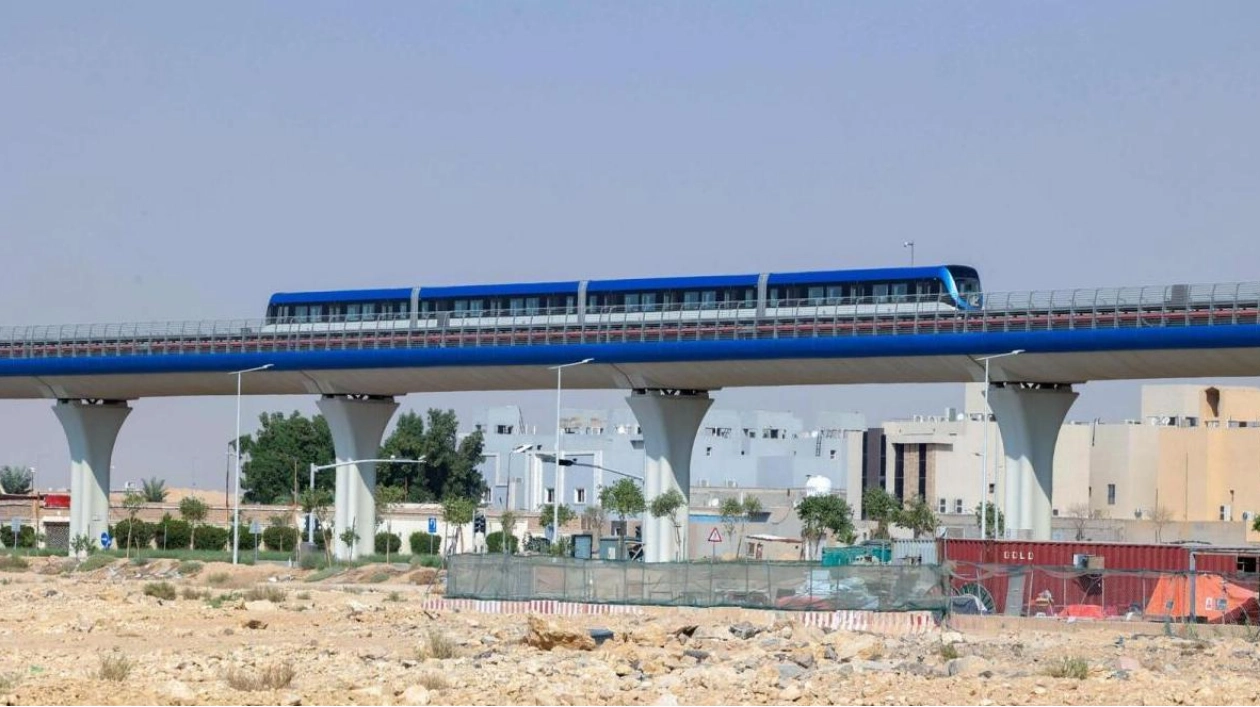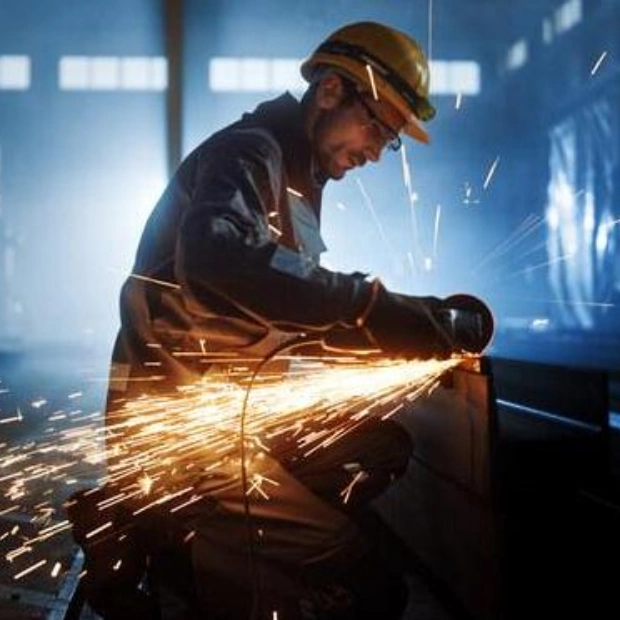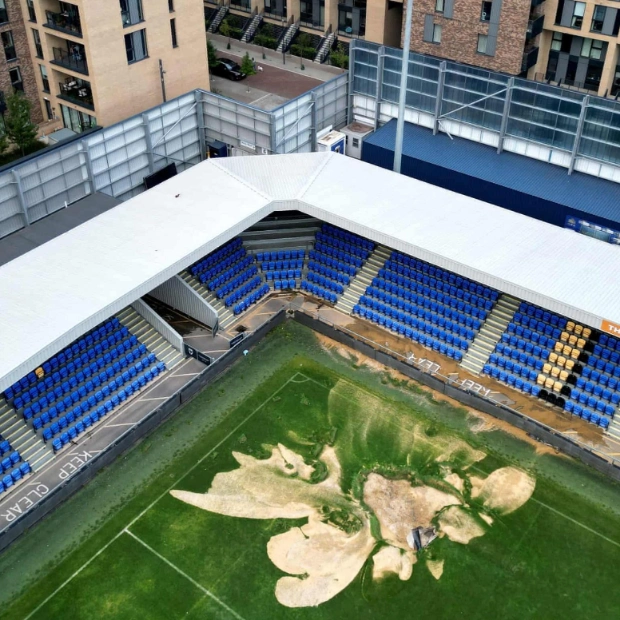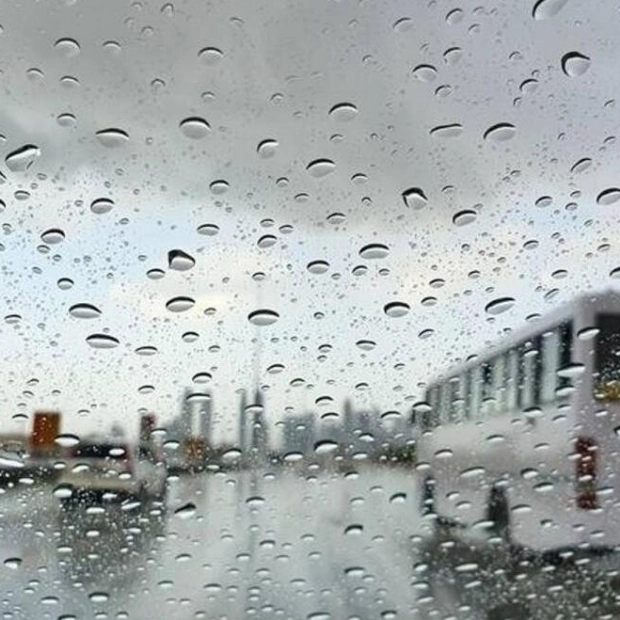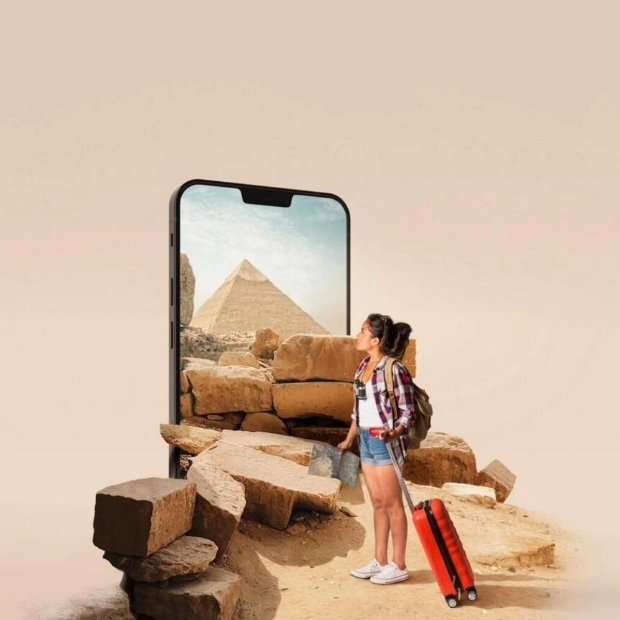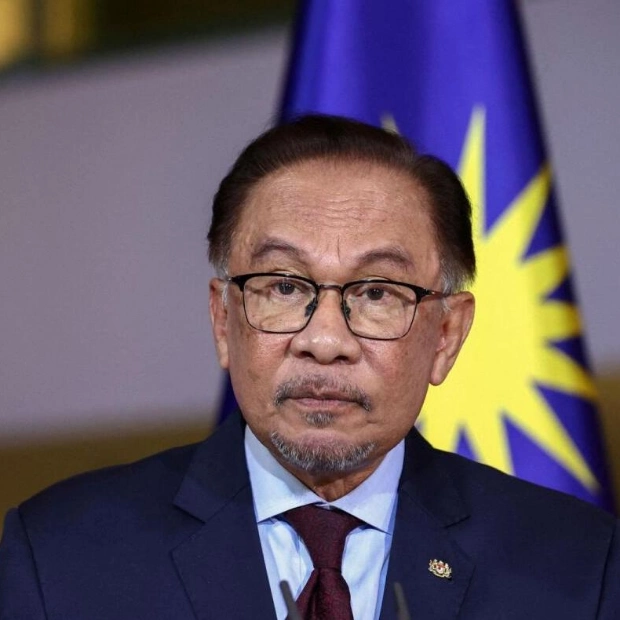A metro train undergoes testing on the route leading to the King Abdullah financial district in Riyadh, Saudi Arabia, on Tuesday. Photo: AFP
Saudi Arabia revealed on Wednesday that it is prepared to launch the initial segment of the Riyadh Metro, a significant initiative aimed at transitioning the car-dependent kingdom towards public transportation. According to the Royal Commission for Riyadh City, three lines will commence public operations on December 1, with the remaining three lines of the six-line, 176-kilometre (109-mile) network expected to be fully operational by January 5. The network is designed to accommodate over 3.6 million passengers at peak capacity and operates on a fully automated, driverless system. The metro services will be supported by 183 trains with 448 carriages, manufactured by Siemens, Bombardier, and Alstom, featuring a modern and unified design by French firm Avant Premiere.
The official Saudi Press Agency released a photograph of King Salman, who governed Riyadh for nearly 50 years, formally inaugurating the project, described as the 'backbone of the capital's public transportation network'. Riyadh, a rapidly expanding city with approximately eight million inhabitants, serves as a testing ground for various landmark projects under the Vision 2030 reform plan spearheaded by Crown Prince Mohammed bin Salman. These projects include theme parks, sports arenas, historical tourist sites, and office towers intended for companies establishing regional headquarters in the kingdom.
Despite the development of an extensive bus network, cars remain the predominant mode of transport, particularly during the summer months when temperatures can soar to 50 degrees Celsius (122 degrees Fahrenheit). As the world's largest exporter of crude oil, Saudi Arabia is committed to achieving net zero carbon emissions by 2060. The Royal Commission for Riyadh City emphasized that the metro project underscores the government's dedication to sustainable development, aligning with global sustainability standards and incorporating environmental practices such as using 20% recycled materials and local resources in station construction.
Source link: https://www.khaleejtimes.com
